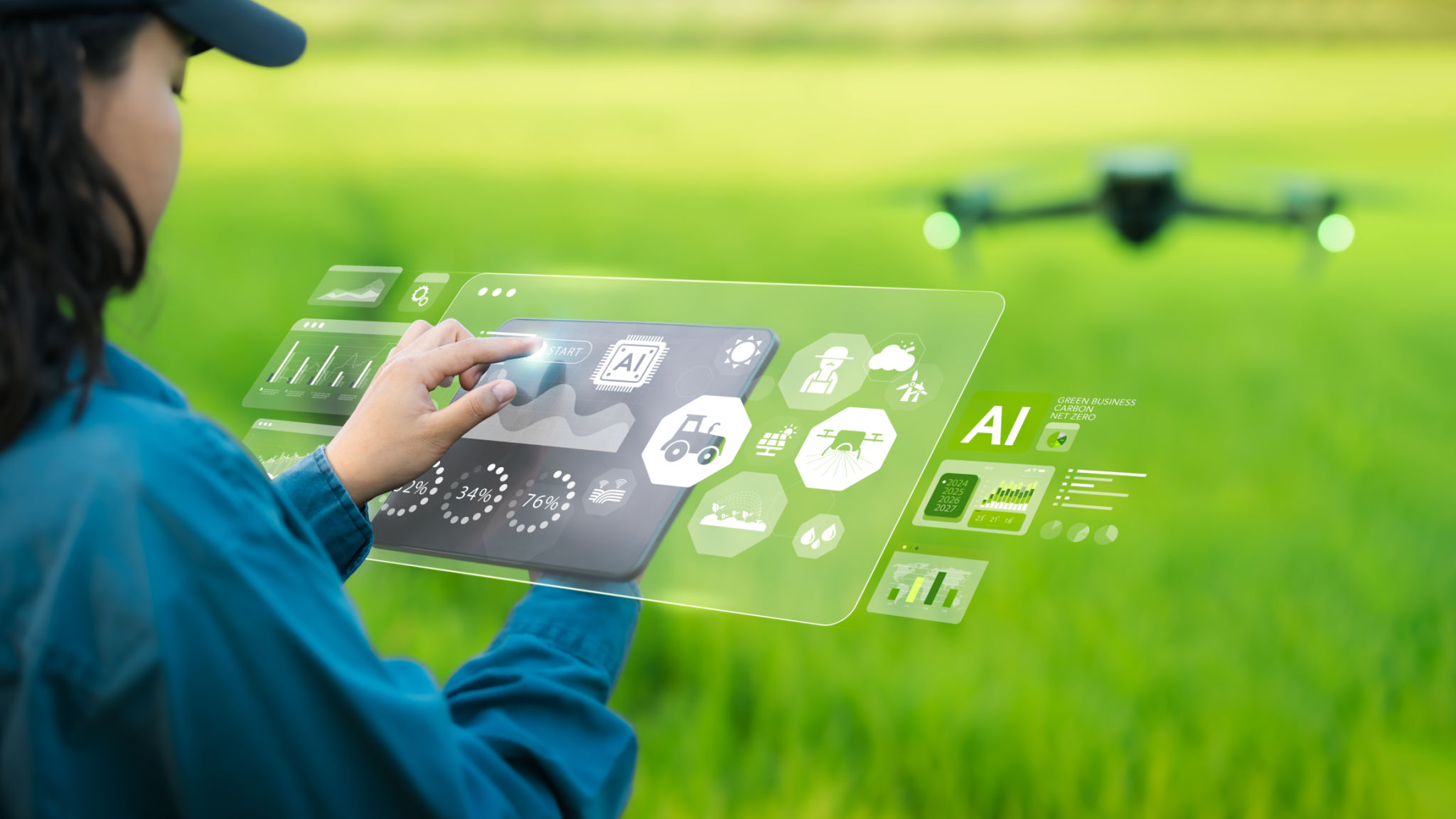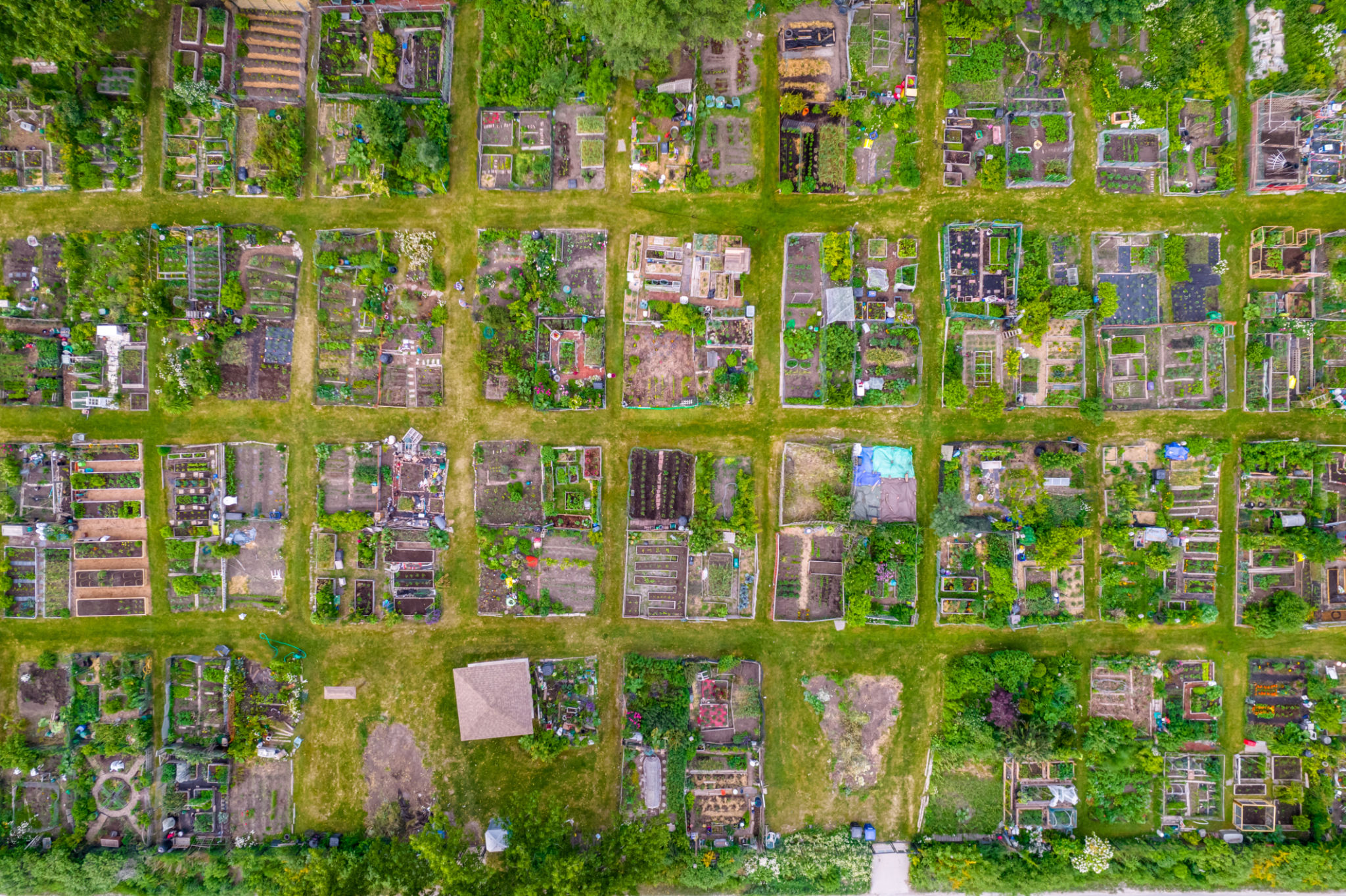Sustainable Farming Trends Shaping the Future of Agriculture
LW
Introduction to Sustainable Farming
In recent years, the agricultural sector has been undergoing a transformative shift towards sustainability. This change is driven by the urgent need to address climate change, soil degradation, and the growing global demand for food. As farmers and agricultural experts explore innovative practices, sustainable farming trends are emerging as a beacon of hope for the future of agriculture.

Regenerative Agriculture
Regenerative agriculture is rapidly gaining traction as a holistic approach to farming. It focuses on restoring soil health, improving biodiversity, and enhancing the water cycle. By adopting methods such as cover cropping, crop rotation, and reduced tillage, farmers can significantly reduce their carbon footprint while boosting crop yields.
This approach not only benefits the environment but also enhances farm profitability. Healthier soils facilitate better water retention and nutrient availability, leading to more resilient crops. As more farmers embrace regenerative practices, we can expect a positive ripple effect throughout the agricultural industry.
Agroforestry
Agroforestry combines agricultural and forestry practices to create more sustainable land-use systems. By integrating trees and shrubs into crop and livestock farming, agroforestry promotes biodiversity, improves soil health, and enhances carbon sequestration.

This practice offers numerous benefits, including reduced soil erosion, improved water quality, and increased habitat for wildlife. Moreover, agroforestry systems can provide additional income streams for farmers through timber, fruit, or nut production, making it an economically viable option for many.
Precision Agriculture
Precision agriculture leverages technology to optimize farming practices. By using data-driven insights and advanced tools like GPS mapping, sensors, and drones, farmers can monitor crop health, apply inputs more efficiently, and reduce waste.
This trend not only enhances productivity but also minimizes environmental impact. Precision agriculture allows for targeted interventions, reducing the need for excessive fertilizers and pesticides. As technology continues to advance, precision agriculture will undoubtedly play a crucial role in shaping sustainable farming practices.

Organic Farming
Organic farming remains a cornerstone of sustainable agriculture. By avoiding synthetic fertilizers and pesticides, organic farms promote ecological balance and biodiversity. This method supports healthier soil and water systems while producing food that meets consumer demand for natural products.
While organic farming often requires more labor and can be less predictable in terms of yield, it offers long-term benefits for both the environment and human health. As consumers become more conscious of their food choices, the demand for organic products continues to rise.
Urban Agriculture
Urban agriculture is transforming city landscapes by integrating food production into urban settings. This trend includes rooftop gardens, vertical farming, and community gardens, bringing fresh produce closer to urban populations.

By reducing the distance food travels from farm to table, urban agriculture helps decrease carbon emissions associated with transportation. Additionally, it provides city dwellers with access to fresh produce while fostering community engagement and education about sustainable food systems.
The Future of Sustainable Farming
Sustainable farming trends are reshaping the future of agriculture by prioritizing environmental stewardship and resilience. As these practices become more widespread, they hold the promise of ensuring food security while protecting our planet's resources.
The integration of innovative technologies and traditional knowledge will be essential in driving this transformation. By embracing these trends, farmers can contribute to a more sustainable and equitable food system for future generations.
